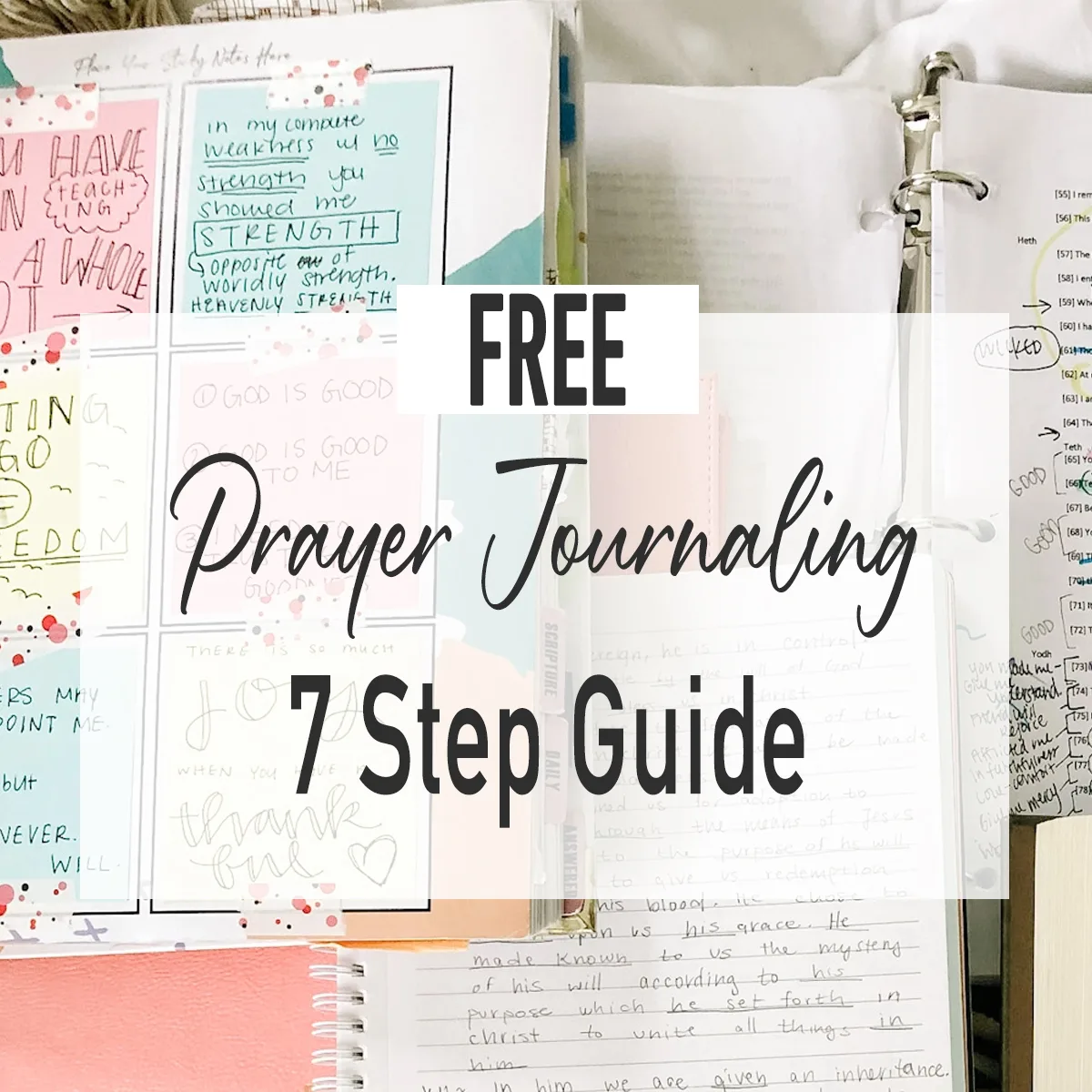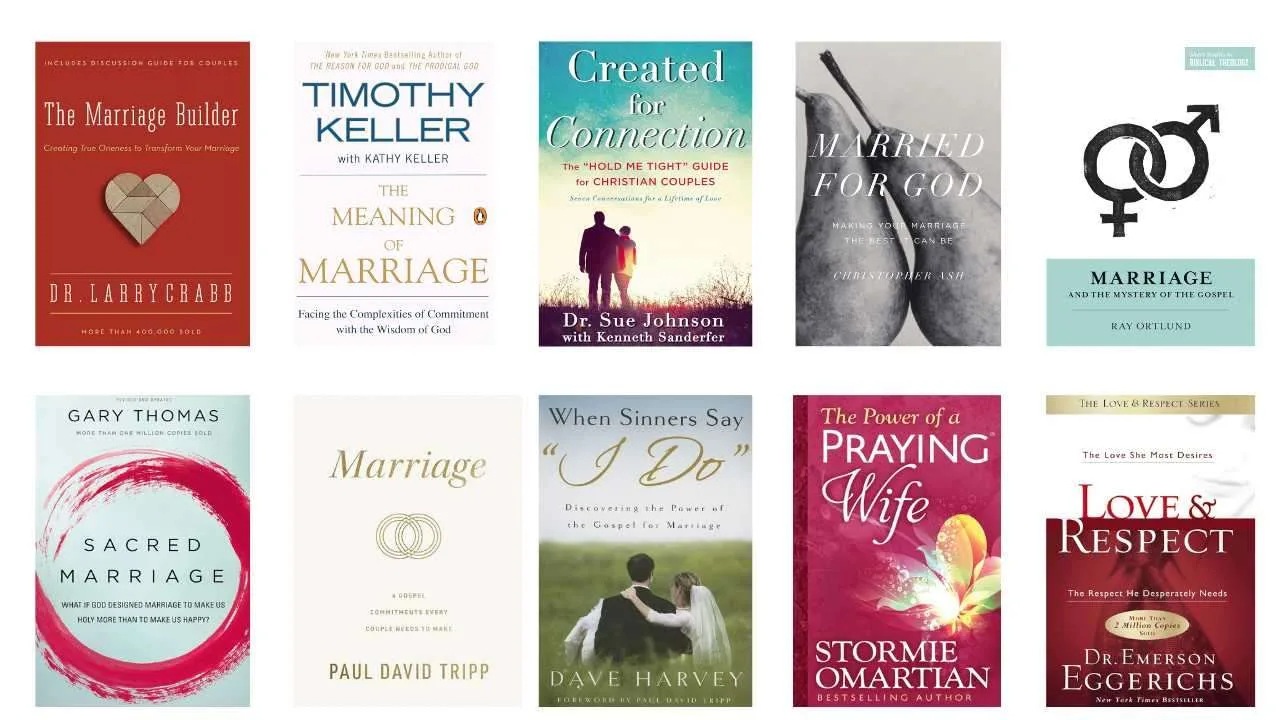Explore Our Latest Posts
-

Prayer Journaling: How to Start a Simple, and Meaningful Prayer Life (FREE Printable Guide)
Confession: I haven’t always been “good” at prayer. For a long time, I…
-
How to Read the Bible + Free 7-Day Bible Reading Plan
How to Read the Bible for Beginners: Why It Matters This morning I…
-
How to Have a Quiet Time with God: 60 Ideas (Free PDF)
What matters isn’t the perfect routine or Instagram-worthy setup—it’s showing up consistently with…
-
How to Keep the Sabbath Holy: 3 Powerful Ways to Live From Rest, Not For It
Have you ever wondered how to keep the Sabbath holy in today’s world—or…
-
Healing When You Feel Like You’re Falling Apart
This message is for you—if you look like you’re holding it all together,…
-
What the Bible Says About Christian Boundaries
Christians seem to have a particular struggle when it comes to the word…
-
Using Psalms for Mental Health
God made us with BIG feelings. But if you’re anything like me, some…
-
How a Top Bible Publisher Studies Scripture
If you follow the Coffee and Bible Time blog, the odds are good…
-
Grace for the Overwhelmed Mom
Motherhood and faith sometimes feel like oil and water—impossible to mix when your…
-
Navigating Love & Longing
Navigating relationships is a journey filled with both profound joy and challenging growth.…
-
A Word for the Weary: On Sabbath
Have you ever heard of Sabbath? Perhaps more importantly…have you ever practiced it?…










